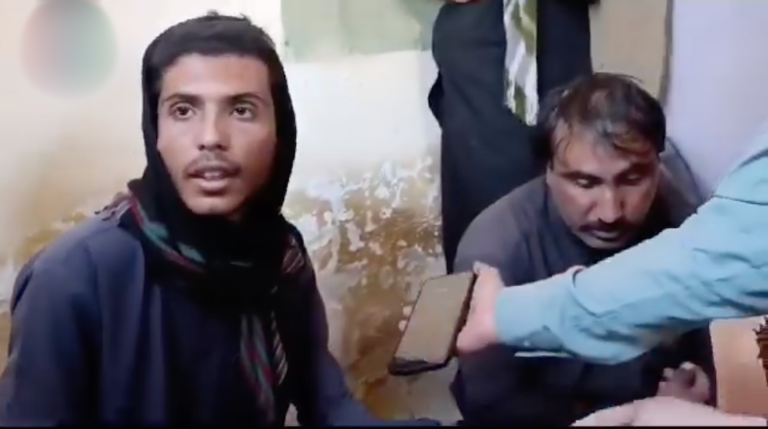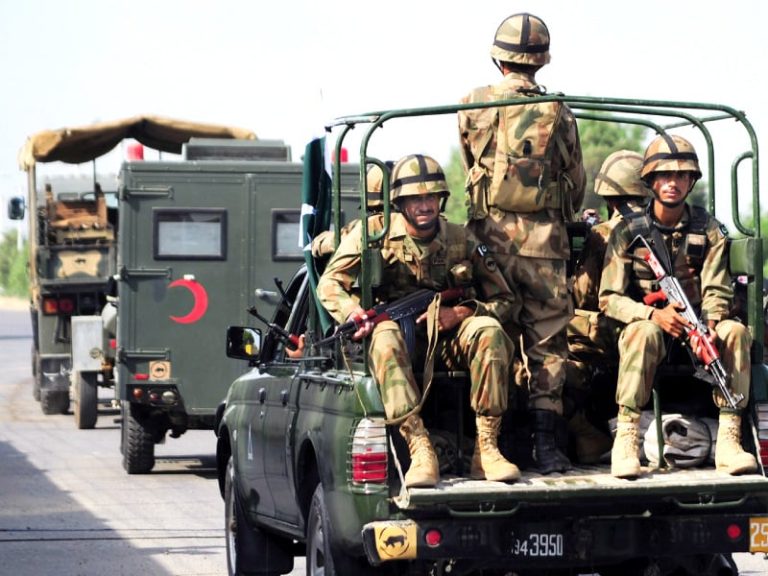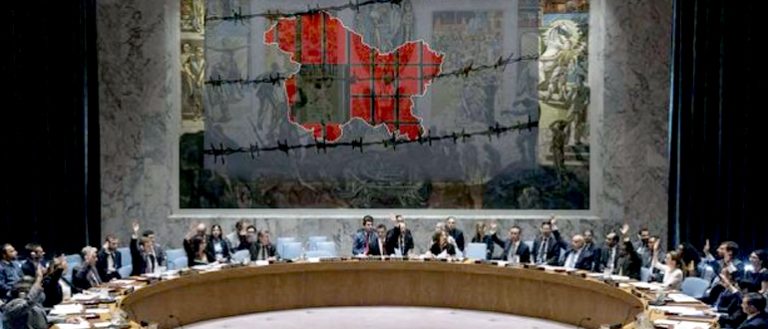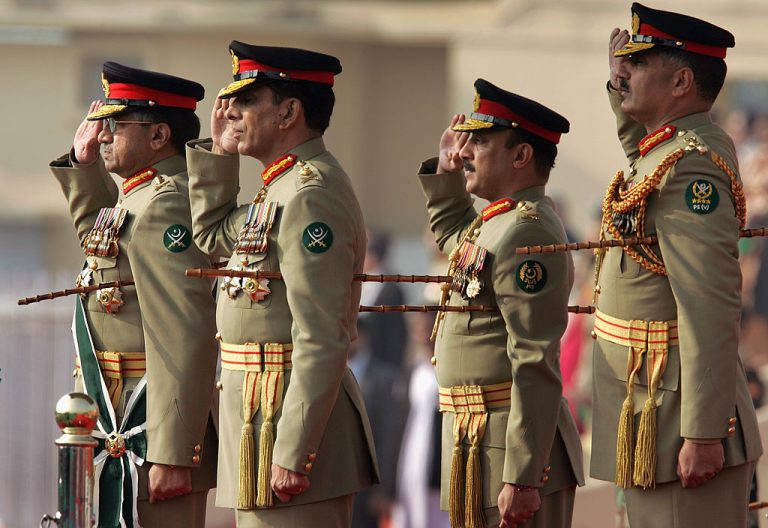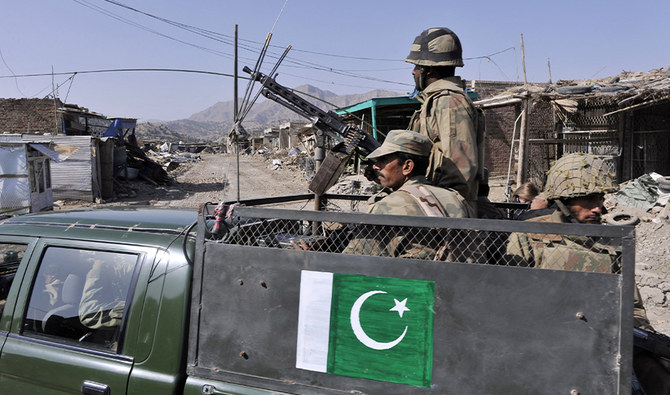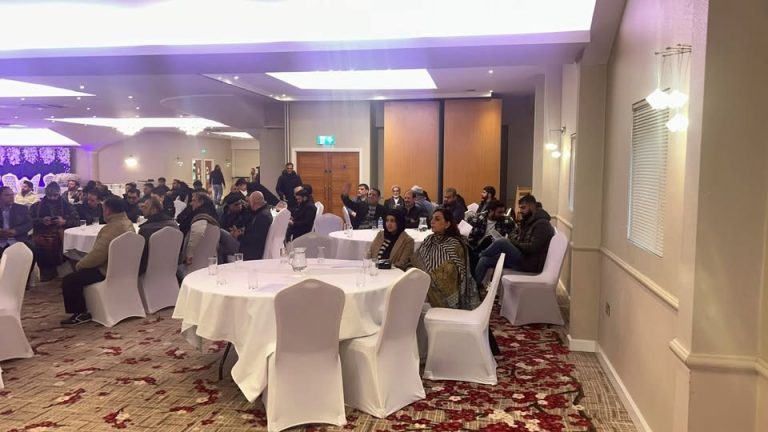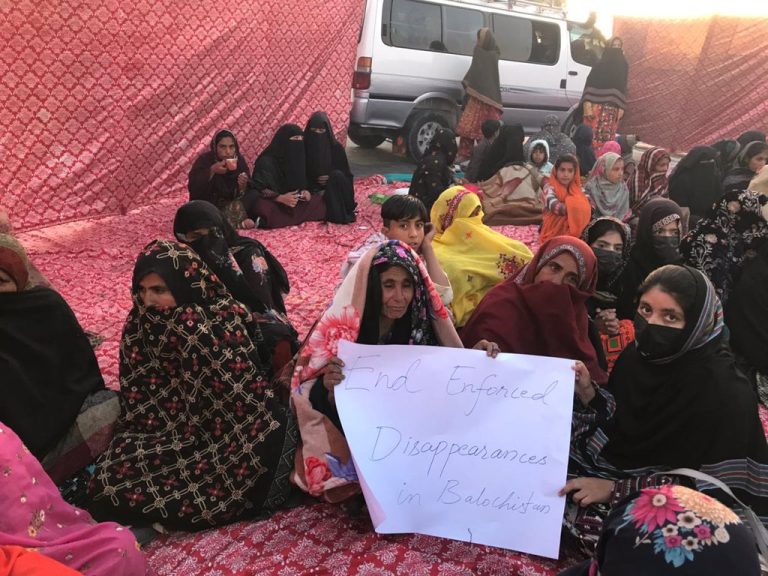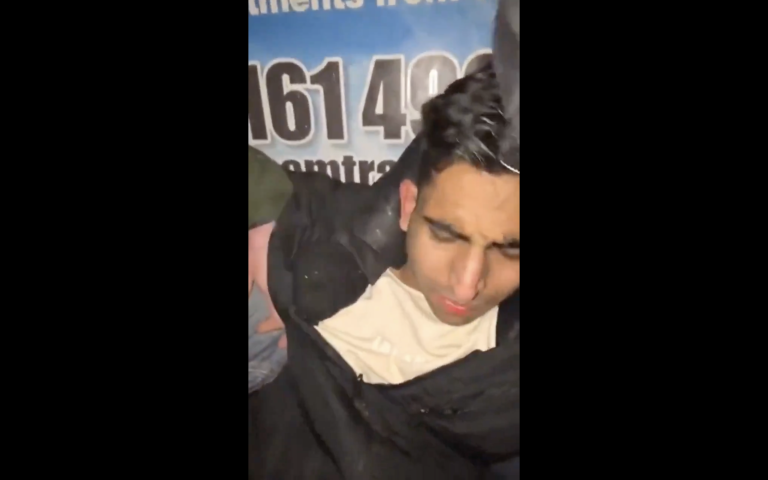The Pakistan Army, which never ceases to wax eloquent about its phenomenal ability to effectively deal with the “entire spectrum of threats,” currently seems to be reeling under the onslaught of what it claims is the menace of fake news. While there may well be some substance in these allegations, but then, can the old ‘there’s no smoke without a fire’ adage be simply wished away just because Rawalpindi says so?
It goes to the credit of the Pakistan Army that despite serious professional failings and its involvement in politics [admitted by none other than former Pakistan Army chief Gen Qamar Javed Bajwa himself], Rawalpindi has nevertheless still been able to preserve its holy cow image. This it has done by projecting the Pakistan Army as the sole guarantor and bulwark of Pakistan’s sovereignty and territorial integrity against what it alleges is India’s hegemonistic ambitions.
That Rawalpindi has been able to achieve this despite failing to annex J&K twice, dismemberment of Pakistan during the 1971 Indo-Pak War, abandoning its dead soldiers and shamefully retreating during the Kargil conflict of 1999, is indeed a stellar achievement. It has also successfully portrayed itself as the most reliable trouble-shooter in a country plagued by what it openly says is a thoroughly incompetent legislature-remember former Pakistan President and Army chief Gen Pervez Musharraf’s famous “Military rule has always brought the country back on track, whereas civilian governments have always derailed it” remark?
However, like all perishable commodities, illusions too have a shelf life, and so it was but natural that the time and events would tear apart Rawalpindi’s holier-than-thou veneer. Things came to a head when Dawn reported in 2016 that “In a blunt, orchestrated and unprecedented warning, the civilian government has informed the military leadership of a growing international isolation of Pakistan and sought consensus on several key actions by the state.” Despite being put under pressure, this newspaper showed spine by refusing to retract this report.
Rawalpindi’s Fake Rhetoric
On the Army’s insistence, this case [which is commonly referred to as Dawn Leaks], was investigated through a high level inquiry and a directive removing the prime minister’s special assistant on political affairs was issued by the Prime Minister’s Office [PMO]. This should have placated Rawalpindi but instead, Director General [DG] of the Pakistan Army’s media wing Inter Services Public Relations [ISPR] issued a terse statement that read “Notification on Dawn Leak is incomplete and not in line with recommendations by the Inquiry Board. Notification is rejected.”
The uncouth tone and tenor of this statement mocking the PMO expectedly created strong anti-Army sentiments and even though this tweet was subsequently withdrawn, social media was flooded with adverse comments against Pakistan’s military. In May 2017, Voice of America reported a crackdown on social media activists by the cyber crime wing of the Federal Investigation Agency and quoted Pakistan’s then Interior Minister Nisar Ali Khan warning the public that “Ridiculing [the] Pakistan Army or its officers on social media in the name of freedom of speech is unacceptable” and “a serious offense.”
A year later, while addressing media persons, DGISPR expressed concern on the rapidly increasing trend of adverse comments against the Army. Advising the people to demonstrate “responsibility,” DGISPR issued a veiled public threat saying, “We have the capability to monitor social media as to who is doing what.” However, its attempt to intimidate the people didn’t succeed. Rather than dispassionately introspecting on why anti-Army sentiments in the country were increasing and how its own highhandedness was accelerating the same, Rawalpindi conveniently apportioned the blame on “hostile agencies.”
Instead of initiating remedial measures, Rawalpindi manipulated the Imran Khan led government to criminalise ridiculing of the armed forces and its members by amending the Pakistan Penal Code [PPC] by inserting Section 500A. This section states that “anyone who intentionally ridicules, defames, or brings into disrespect the armed forces or any of their members is guilty of an offense,” that can invite a five years prison sentence, a fine of upto Rs one million or both. Since what exactly constitutes ridicule and defamation of the armed forces or its members hasn’t been defined, this section becomes a handy tool to target anyone who annoys the Army for any reason.
Since section 500A of PPC brazenly violates fundamental right of expression guaranteed by the Constitution of Pakistan, it has predictably led to alienation of the masses. The irony is that while Rawalpindi is extremely sensitive when it comes to any criticism, even if it is constructive in nature, it has no qualms whatsoever in using social media to demonise former Prime Minister Imran Khan and the Pakistan Tehreek-e-Insaf [PTI] especially after the May 9, 2023 protests that saw mobs of incensed PTI supporters targeting military facilities.
Censorship Charade
Pakistan Army claims that the May 9, 2023 protest was “externally sponsored and internally facilitated and orchestrated propaganda warfare… created to achieve political interests.” However, seeing the swiftly emerging chain of events on that day which culminated in this protest, it’s apparent that this incident was more the release of pent-up public emotions amongst PTI supporters accentuated by the Rawalpindi orchestrated removal of Prime Minister Imran Khan through a no confidence vote that were triggered when Rangers abducted him from court premises, rather than some deep-rooted conspiracy hatched in some foreign country.
For an Army that incessantly keeps professing its apolitical nature to indulge in petty mudslinging against a particular politician and his party is downright outrageous. Some examples-
• In July 2024, DGISPR alleged that “A massive illegal, political mafia rose to sabotage the campaign and the first move of that mafia was to make the operation [“Azm-i-Istehkam” or Resolve for Stability] controversial through false and fake arguments.” One doesn’t have to be Sherlock Holmes to deduce that the “political mafia” barb is specifically directed at the PTI chief and his political party. [Emphasis added].
• Two months later, while once again announcing [for the umpteenth time] that “The Army neither opposes nor favours any political party,” DG ISPR betrayed Rawalpindi’s animosity towards the PTI chief by saying, “… according to military law, if any person [read- Imran Khan] uses individuals under the Army Act [read-Pakistan Army’s former spymaster Lt Gen Faiz Hameed] for their personal objectives, the law will take its own course.” With Rawalpindi having concluded that the cricketer-turned-politician was in cahoots with retired Lt Gen Hameed even before the latter’s Field General Court Martial concluded DGISPR’s claim of the Pakistan Army being apolitical sounds like a joke.
• During a media interaction in December last year, when asked about the rumoured backdoor discussion between the Army and PTI, DGISPR took the high moral ground by saying that “We respect all political parties and their leadership,” but thereafter unwittingly revealed Rawalpindi’s intense hatred for the PTI chief by adding, “However, no individual, his politics, or his desire for power is above Pakistan.” Does it befit a respected organisation like the Army to stoop so low as to cast aspersions on a former prime minister’s patriotism?
Just the other day, Dawn reported that “Jamiat Ulema-i-Islam-Fazl [JUI-F] chief Maulana Fazlur Rehman on Saturday accused the country’s establishment [moniker used for the all-pervasive Pakistan Army] of clinging to authority despite widespread criticism from all sectors of society, alleging that “it remains indifferent to what is right or wrong” and that “its sole concern is maintaining power.” [Emphasis added]. Will Rawalpindi take a serious note of this incisive observation made by a seasoned Pakistani politician, or will it yet once again camouflage its own monumental failings by branding the JUI-F chief’s remarks as part of “externally sponsored and internally facilitated and orchestrated propaganda warfare”?
Most importantly, with six senior judges of Islamabad High Court accusing Pakistan Army’s spy agency Inter Services Intelligence [ISI] of intimidating judges “under threat of coercion or blackmail, to engineer judicial outcomes in politically consequential matters,” [Emphasis added], how can Rawalpindi expect the people of Pakistan to still believe that the Pakistan Army is apolitical and the target of “externally sponsored and internally facilitated and orchestrated propaganda warfare”?

